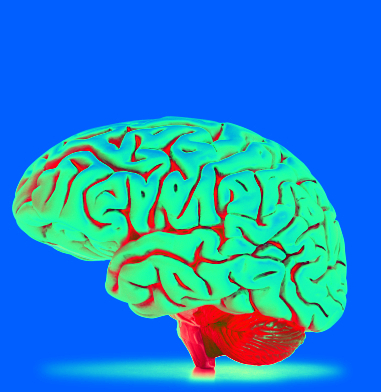Brain database expanded
 A collaborative Alzheimer's program is bringing together brain data from around the world.
A collaborative Alzheimer's program is bringing together brain data from around the world.
The new database is designed to give researchers access to an extensive, international platform populated with brain-related health data from broad and diverse populations.
The Davos Alzheimer’s Collaborative (DAC) Global Cohort Development (GCD) platform will help drive scientific discovery by providing researchers access to an extensive, truly international platform populated with brain-related health data from broad and diverse populations.
It will support AI and machine learning with organised and aggregated data collected from digital devices through research labs, hospitals and even people’s own smartphones.
The people behind the data resource say it will help determine the causes, predispositions, and habits for people who develop Alzheimer’s disease. It may also inform drug discovery and clinical care at a more rapid pace.
“We are excited to be a major founding partner of this collaboration and contribute to DAC’s Global Cohort Development in its inaugural year,” says Professor Perminder Sachdev, co-director of UNSW Sydney’s Centre for Healthy Brain Ageing (CHeBA).
“We are a group of 44 cohorts representing 33 countries and are pleased that eight have already started their collaboration with DAC.
“We look forward to adding more of our cohorts in 2022 and to be part of DAC’s strategic plan of expanding this concept worldwide.”
The database will lead to high quality research, according to a DAC leader.
“Collaboration and inclusion are essential elements for defeating Alzheimer’s Disease,” says Dr Rhoda Au, director of the Global Cohort Development at DAC.
“Working in silos with limited representation of participants from across the world is not producing results, either comprehensively enough or fast enough.
“Past studies have skewed results because of the exclusion of low- and middle- income resourced areas and/or countries. We believe the important work and scientific data from COSMIC will further advance our understanding of Alzheimer’s disease.”







 Print
Print